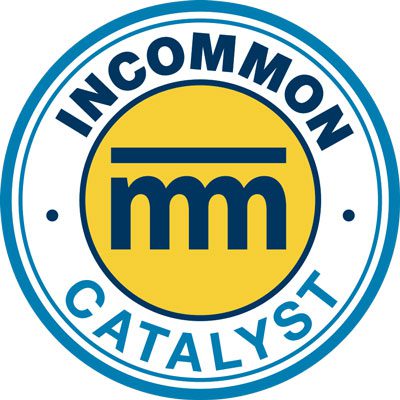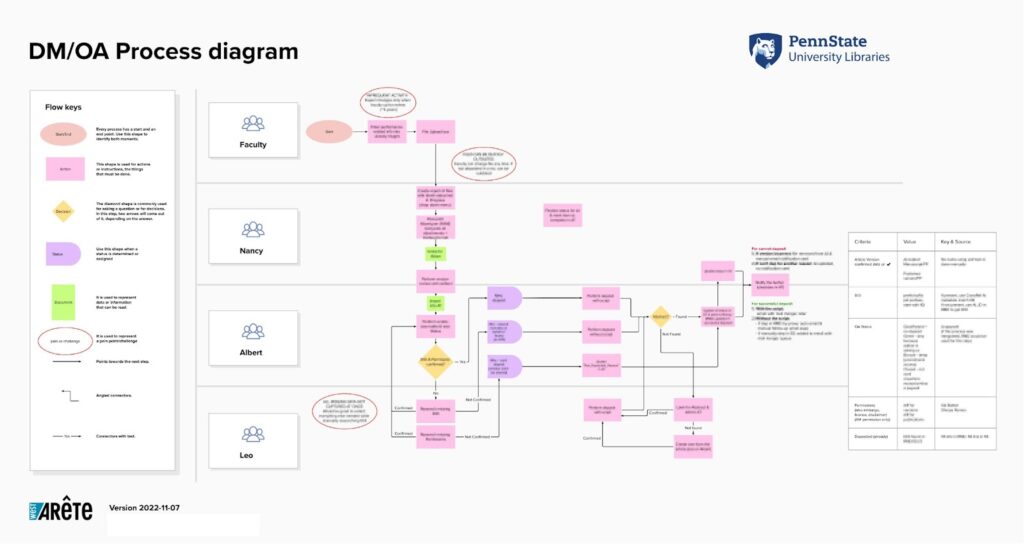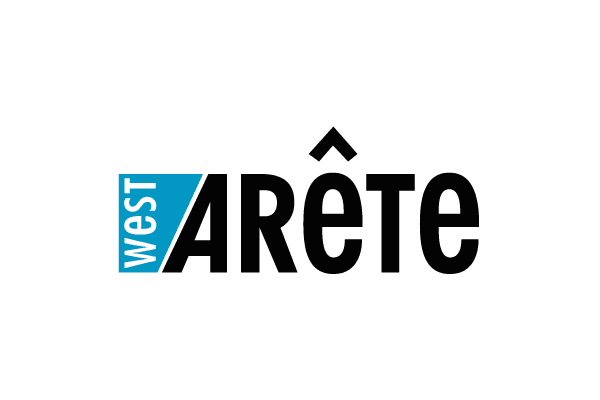InCommon Catalyst Program Case Study
Penn State Open Access Workflow
Executive summary
At most research universities, research metadata is often completely siloed and disconnected. For the past several years, Penn State University Libraries and West Arete have collaborated on organizing and unifying the university’s research metadata, which includes information about publications, grants, faculty activities, news stories, honors and awards, graduate committees, facilities, and equipment.

This ongoing collaboration provided the foundation for an Open Access workflow project. In 2019, Penn State adopted its Open Access policy, making research data and publications freely available to the public. Releasing a new publication under the open access policy requires many steps and systems. West Arete and the Libraries Strategic Technologies group worked together to implement software that sits at the intersection of identity metadata, research metadata, algorithms, and human expertise, enabling faster, more efficient, and continuous processing of publications.
Background
For the past several years, Penn State University Libraries and West Arete have collaborated on organizing and unifying the university’s research metadata. Analogous to the identity metadata that is near and dear to the InCommon community, “research metadata” is the information about the research that a university conducts. It’s the information about publications, grants, faculty activities, news stories, honors and awards, graduate committees, facilities and equipment.
Penn State is a large (R1) research institution that conducts $1 billion in research activities each year. The Penn State University Libraries are renowned for their innovative software and technology work that’s done by the Libraries Strategic Technologies group headed by Dan Coughlin. Ana Enriquez serves as our subject matter expert and primary stakeholder in this project.
What is striking about almost every research university is that their research metadata is often completely siloed and disconnected. Publications, faculty activities, and identity information are often not linked, or duplicate each other. They aren’t unified due to complexities involving technology, policy, politics, and budgets.
The Libraries Strategic Technologies group and West Arete integrated the faculty activities, publication metadata, and identity metadata as part of Penn State’s Research Information Management (RIM) ecosystem (profiled by OCLC). That system provided the foundation for the Open Access workflow project that this case study describes.
Challenges
In 2019, Penn State adopted its Open Access policy, which would make research data and publications freely available to the public. The policy adoption was a critical milestone for both the university and for the public benefit, but adoption and implementation would require a large behavioral shift and burden for faculty.
Releasing a new publication under the open access policy requires many steps and systems, several of which start out as purely manual processes. Problems and questions can arise with each case that require human high-end expertise to answer. It’s the type of process that is often deemed to be “not possible” to automate.
So the challenge is how to implement a university-wide Open Access policy that would appear to defy automation, would otherwise require significant change in behavior from faculty, and would otherwise impose a significant burden on the library’s staff.
In other words, unless this gets automated, “it’s not going to happen.”
Our teams implemented the first iteration of this Open Access workflow a couple years prior to this project. It focused on providing an interface to the faculty members to ease or eliminate their burden. This was successful from the faculty standpoint, but the administrative burden to the libraries meant that relatively few publications could successfully make it through the system.
Solutions
Our teams took a design thinking approach to the problem, investing time in understanding the nature of the fundamental tasks of the open access workflow process. The existing process was thoroughly documented and diagrammed. Because the Libraries Strategic Technologies team had been executing the workflow manually, they had a good understanding of its nature.

We then developed a design for the ideal desired workflow. Areas of potential automation were identified as well as areas where human intervention was required.

The design of the final solution weaves several principles together:
- Integrate with existing systems to leverage identity metadata and research metadata.
- Automate with algorithms or heuristics wherever possible.
- Where human intervention is required, design human-centered workflows that maximize productivity.
Our teams worked together to implement this software that would sit at the intersection of identity metadata, research metadata, algorithms, and human expertise.
Because West Arete specializes in higher education, we are used to working shoulder-to-shoulder with university teams, sharing knowledge at every step of the way. In some situations West Arete provides the service and support for systems afterward. In the case of Penn State University Libraries, our goal was to share and transfer knowledge so that the Libraries Strategic Technologies team could truly own the application and continue to evolve it after our work was complete.
Impact
Both teams are thrilled that the new workflow entered production on November 1, 2023. As of mid-January the libraries team has already vetted and processed 141 publications! (Impressive, especially considering the holidays.) This is estimated to be at least three times the previous pace over the same calendar time. There is still plenty of manual work and intervention, but this is now being handled by one person who works part-time and has other responsibilities as well.
It’s not just about the volume. Before this workflow was in place, productivity would happen in bursts of a few dozen publications, but then months would go by without capacity to do another round of processing. Now there is a near continuous flow of publication.
Lessons learned
Some of the key takeaways from this project were:
- It’s possible to implement an open access workflow solution at a large research university that keeps faculty burden and staff burden to an absolute minimum.
- Research metadata can be cleanly shuttled and organized throughout the university if you blend an algorithmic approach with an expert workflow approach.
- Make equitable representation of every department a primary goal. Be wary of measuring success purely by the number of publications. It’s all too easy to exclude entire disciplines from the system, which is tragic and causes harm on several levels.
- Libraries play a unique and critical role in research information management systems, compared to treating them as pure IT projects.
- Projects like this depend on the university’s foundational investment in connecting research metadata across the various silos of the university.
These are excellent outcomes from this collaboration. But all too often university groups have too few peers and patterns to draw from. Our teams would welcome the opportunity to connect with other members of the InCommon community around these important and challenging issues that leverage both identity metadata and research metadata.
If you would like to learn more about the circumstances, process, or implementation of this project, or if you would like to share your knowledge in similar areas, please feel free to reach out to us:
- Natalie Simonson at West Arete <natalie@westarete.com>
- Dan Coughlin at Penn State
- Ana Enriquez at Penn State
About West Arete
West Arete creates specialized enterprise software for universities, ranging from Research Information Management Systems (RIMS) for large universities, to Student Information Systems (SIS) for smaller colleges and universities. We specialize in the “messy” problems that go beyond software development and into areas of legacy systems, imperfect data, and organizational change.

About Penn State University Libraries Strategic Technologies
Libraries Strategic Technologies provides a broad range of IT solutions, services, and support to University Libraries faculty and staff, and supports the systems that enable Penn State and the user community to discover, access, and use the Libraries’ resources, both on-site and online. We also provide software and systems development to support digital data management and access related to research and scholarship for the University community.
The InCommon Catalyst Program, launched in June 2021, assists higher education institutions, research organizations, and sponsored partners in their efforts to enable better security, access to services, and user experience through InCommon’s integrated service and software solutions. A group of industry leaders and Internet2 members that actively contribute to IAM within the R&E community, InCommon Catalysts offer a wide range of IAM support services. If you’re interested in leveraging the experience and expertise of an InCommon Catalyst to solve a particular challenge or devise a roadmap for a full IAM reboot, feel free to reach out directly.
—Back to the InCommon Catalyst Case Studies
